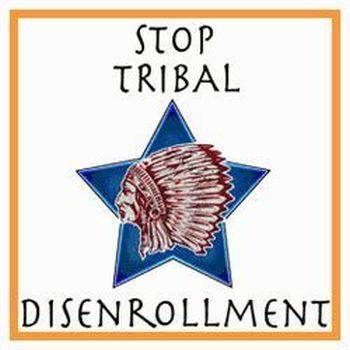Gabriel Galanda published “To Geneva With Love: Native Prisoners’ Religious Rights Movement Goes Global.” The article appears in the May edition of King County’s Bar Bulletin, which is themed “Curtain.” The article begins with a citation to a famous U.S. Supreme Court prisoners’ rights case:
There is no iron curtain drawn be- tween the Constitution and the prisons of this country.” Nor is there an iron curtain drawn between international human rights norms and American prisons, especially insofar as Native American prisoners — or internationally speaking, American indigenous prisoners — are concerned.
Gabe goes on to explain how a local, grassroots, Native prisoners’ religious rights advocacy movement has ascended to national and international heights. He details various local, national and international legal and political interventions by the Native prisoners’ rights non-profit, Huy, and its allies, focusing on its advocacy via the United Nations:
By 2013, Huy aligned with longtime Native religious rights warriors, the Native American Rights Fund in Denver and the American Civil Liberties Union’s national and local chapters, to grieve the religious plight of Native inmates in state prisons throughout the United States to even higher powers. That coalition filed letters of allegation with the United Nations Office of the High Commissioner for Human Rights’ Special Rapporteur on the Rights of Indigenous Peoples, as well as the U.N. Human Rights Committee . . .
In June 2013, the Special Rapporteur on the Rights of Indigenous Peoples, joined by the U.N. Special Rapporteur on Freedom of Religion or Belief, wrote the U.S. State Department, requesting that within 60 days the government respond to the Huy coalition’s allegations and “provide any additional information it deems relevant to the situation.” The special rapporteurs posed a series of questions, including:
What measures exist to ensure the protection of the religious freedoms of Native American prisoners in state and local prisons? Specifically, what legal, policy or programmatic actions, if any, have federal and state Government authorities taken to ensure that Native American prisoners are able to engage in religious ceremonies and traditional practices as well as have access to religious items in state and local prisons?
Almost a year later, the State Department has yet to respond in any way to the U.N. special rapporteurs.
The United States’ continued silence is indicative of its and other nations’ failure to respect the right of American indigenous prisoners to freely exercise their religion, and to afford those prisoners with effective remedies when state correctional agencies and officers violate their rights.
Gabriel “Gabe” Galanda is the Managing Partner at Galanda Broadman. He is an enrolled member of the Round Valley Indian Tribes of Covelo, California, and the founder of Huy (www.huycares.org) and Chairman of the Huy Board of Advisors. Gabe can be reached at 206.300.7801 or gabe@galandabroadman.com.




 We do not prosecute disenrollment actions; we defend against them.
Our sworn duty is to ensure that fundamental human rights and guaranteed civil rights are honored during any disenrollment actions. Too frequently, they are not.
We do not prosecute disenrollment actions; we defend against them.
Our sworn duty is to ensure that fundamental human rights and guaranteed civil rights are honored during any disenrollment actions. Too frequently, they are not.
 Article III of the Treaty with the Nez Perces of 1855 reserved for Nez Perce Indians the “right of taking fish at all usual and accustomed places” and “the privilege of hunting . . . upon open and unclaimed land.” As the court explained: "Although the Nez Perce ceded the lands now encompassing the Nez Perce Clearwater National Forests to the United States, 'they did not relinquish rights to hunt, fish, and gather, or to practice traditional religious and cultural ceremonies on these ancestral homelands.'”
Article III of the Treaty with the Nez Perces of 1855 reserved for Nez Perce Indians the “right of taking fish at all usual and accustomed places” and “the privilege of hunting . . . upon open and unclaimed land.” As the court explained: "Although the Nez Perce ceded the lands now encompassing the Nez Perce Clearwater National Forests to the United States, 'they did not relinquish rights to hunt, fish, and gather, or to practice traditional religious and cultural ceremonies on these ancestral homelands.'”





